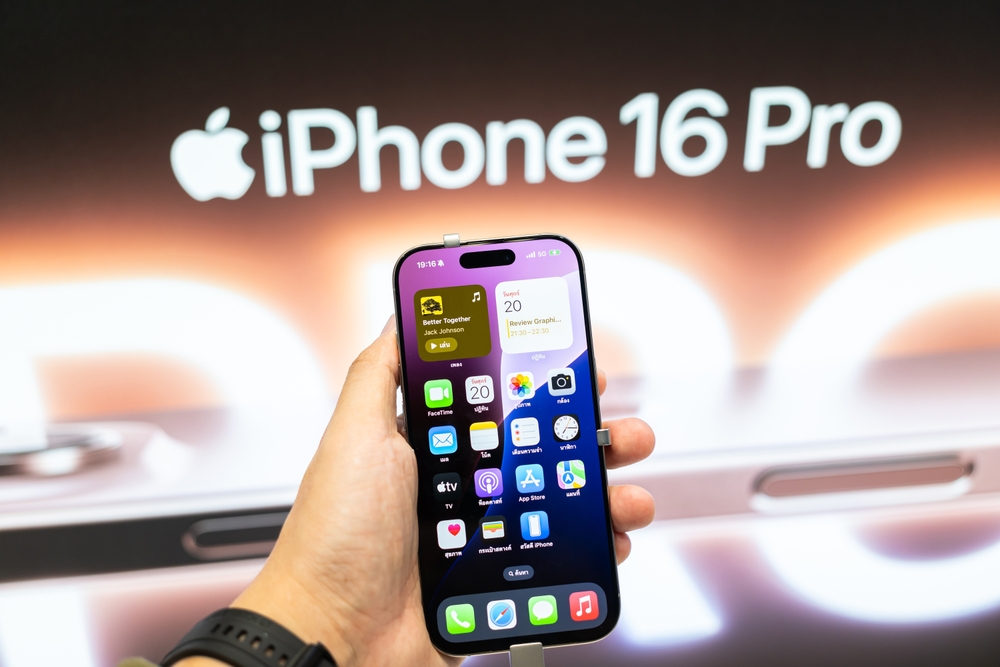
Apple’s newest iPhone 16 lineup, the Apple Watch Series 10, and other recently announced devices are now banned from sale in Indonesia after the company failed to meet local investment requirements by approximately $15 million. The Indonesian Ministry of Industry has withheld necessary certifications for these products, rendering them ineligible for official sale in the nation.
Apple has invested 1.48 trillion rupiah ($94 million) out of the 1.71 trillion rupiah ($109 million) it initially committed to local sourcing and infrastructure to comply with Indonesia’s strict content rules. These rules mandate that products contain at least 40 percent “domestic content,” achievable through actions like sourcing materials locally, setting up manufacturing facilities, or hiring local workers. Apple’s existing local efforts include four developer academies, and earlier this year, the company explored establishing a manufacturing facility in Indonesia. However, without the remaining $15 million, the Ministry’s certification has not been granted, and Apple’s latest products remain unsellable in Southeast Asia’s largest economy.
This restriction, however, does not apply to older Apple devices, which remain available in Indonesia. Competitors Samsung and Xiaomi, both of whom operate factories in the country, have met the requirements, allowing them to maintain sales in the local market. Although Apple is not among the top six smartphone brands in Indonesia, the market holds growth potential for the tech giant, with its $1 trillion economy and a young, increasingly tech-savvy population. Indonesia has 350 million active mobile phones within its 270 million population, according to government reports, indicating a strong demand for mobile devices.
Currently, approximately 9,000 iPhone 16 units are in Indonesia, either brought by passengers or crew or mailed to the country. While personal use of these devices is allowed, they cannot be resold. Since 2020, devices purchased abroad and brought into Indonesia are subject to registration and taxation requirements under Indonesian law.
Featured image courtesy of Bareksa.com
Follow us for more updates on Indonesia’s iPhone ban.
